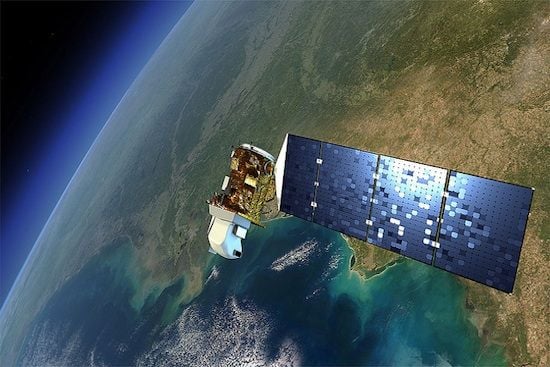
Indigenous knowledge predates the scientific method by countless generations. Perhaps it’s unfair then to fault science for still being in catch-up mode when it comes to understanding Nature as an emotionally intelligent, deeply interconnected organism.
Curiosity Prevails Over Scientific Dogma
An alive and aware natural world is and has been an ancestral truth amongst the world’s Indigenous knowledge systems for centuries.
In its necessity for a structured, empirical approach to describing Nature, it is understandable that conventional science has dismissed ideas like plants whispering to each other, animals grieving for their dead, or the illusion of separateness as merely quaint fables, metaphors rather than reality.
However, recent studies and theoretical models suggest such dismissal might be unjustified and, quite frankly, unscientific.
Ideas such as human-like consciousness in animals, extended awareness and communication in plants, or the emotional toll of death on other non-human species are now being given serious scientific thought.
Thankfully, the only thing ultimately stronger than human arrogance is human curiosity.
The Science of Indigenous Wisdom
Here is a list of scientific breakthroughs which demonstrate the profound substance of Indigenous wisdom, which understands Nature to be more alive and interdependent than conventional science has given it credit for.
- In a very formal affair, scientists recently convened to declare that both animal and human consciousness are alike.
- Apparently, a grieving process is not unique to humans either. Death rituals have been observed in species ranging from dolphins, to elephants, to scrub jays, and more.
- Trees communicate in a deeply interconnected system, which sustains each individual tree and the forest as a whole.
- Researchers in Australia have found a way to document a fascinating communication system between plants, one in which the human ear can actually hear the conversation underground.
- Perhaps the most universal Indigenous perspective is the idea of a world inextricably interconnected, on all levels, and across time. Astrophysicist Neil DeGrasse Tyson speaks from a scientific viewpoint as he offers very similar sentiments.
The Circle of Knowledge
In learning from Indigenous knowledge systems, perhaps our relation to animals will become a more sacred endeavor, like that embodied by many Indigenous communities. Perhaps a knowledge of grieving animals and consciously interactive plants, and understanding the interconnectedness of all life will help further fuel the movement to coexist and conserve, rather than dominate and destroy, the natural environment.
